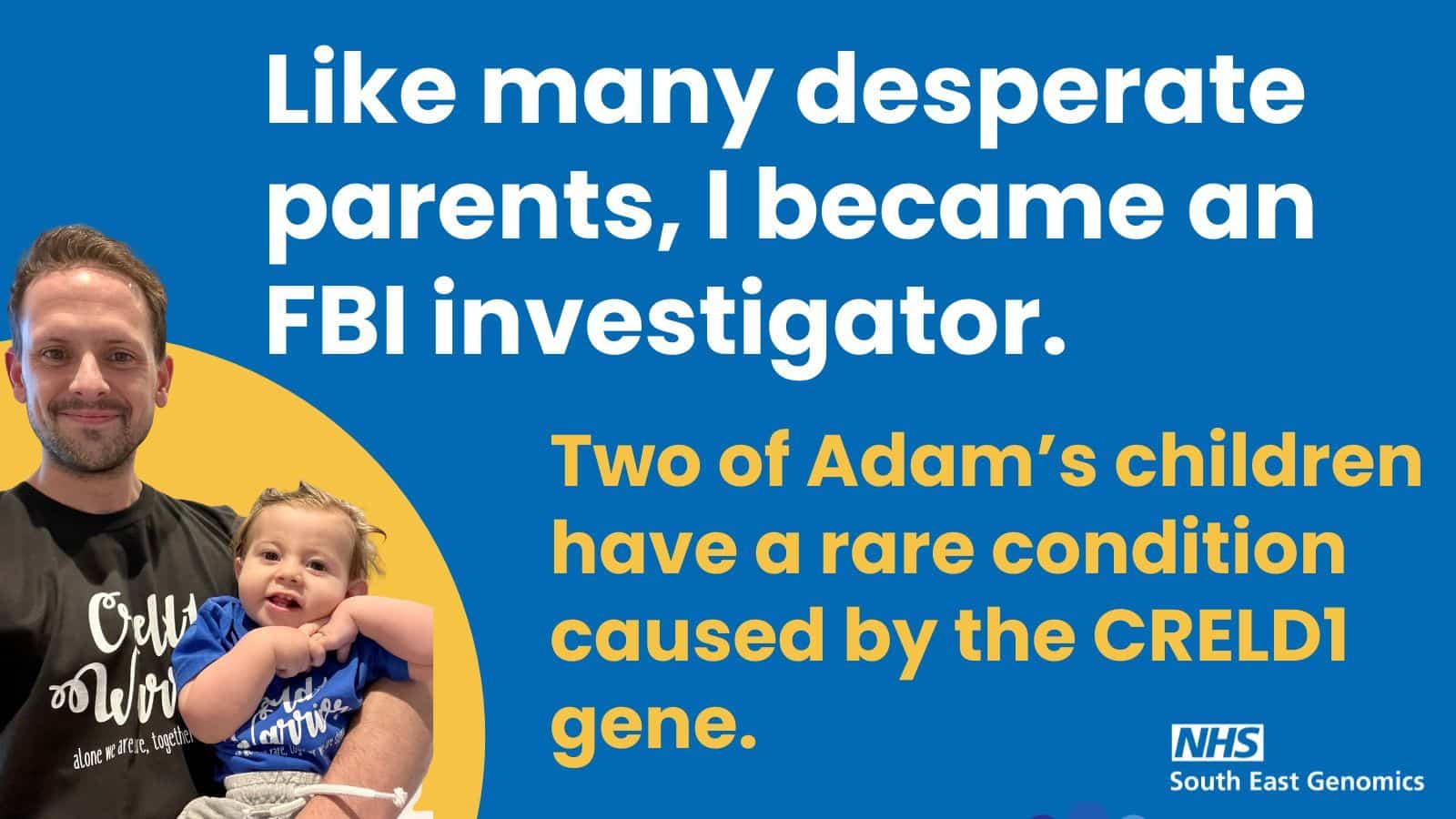Circulating tumour DNA

Can circulating tumour DNA enable early diagnosis of cancer and help people to avoid biopsies?
What are we trying to do?
Cancerous tumours can shed DNA into the bloodstream. By analysing blood samples, it is possible to look for these fragments of DNA as a way to determine if a tumour is present.
This project aims to provide evidence, including the health economics, for the expansion of circulating tumour DNA testing in the NHS to support the genetic characterisation of patients with suspected advanced lung cancer, or in those patients where a tumour biopsy has been unsuccessful.
This form of testing allows clinicians to know the genomic make-up of the lung cancer in a timely manner which will enable more accurate and effective treatment and ultimately to try and improve patient outcomes.
What are we doing?
Starting with advanced non-small cell lung cancer patients, we are supporting a pilot of ctDNA testing in a number of hospitals across the South East.
Why is this important?
The NHS has a clear aim to improve cancer treatment for patients and enable medical teams to tailor treatment depending on the results of the genetic testing
Who are we working with?
- North Thames Genomic Medicine Service
- Guys and St. Thomas’ Hospital
- St. George’s Hospital
- Princess Royal University Hospital
- Conquest Hospital
- Eastbourne District General Hospital
- Frimley Park Hospital
- Wrexham Park Hospital
- University Hospital Lewisham
- Queen Elizabeth Hospital
- Maidstone & Tunbridge Wells Hospitals
- Royal Surrey County Hospital
- Worthing Hospital
Progress and next steps
- We’ve established 15 new testing pathways within NHS Hospitals across South London, Kent, Surrey & Sussex.
- Over 500 people with suspected non-small cell lung cancer have successfully been tested using ctDNA.
- Evidence from the South East will be combined with data from other regions to inform the health economic analysis.
- NHSE will review the data to determine the benefits of the ctDNA test.
- We will continue to support further hospitals to join the pilot.
Learn more
Watch a recording of our educational session from January 2024
Part 1 :
Part 2 :

